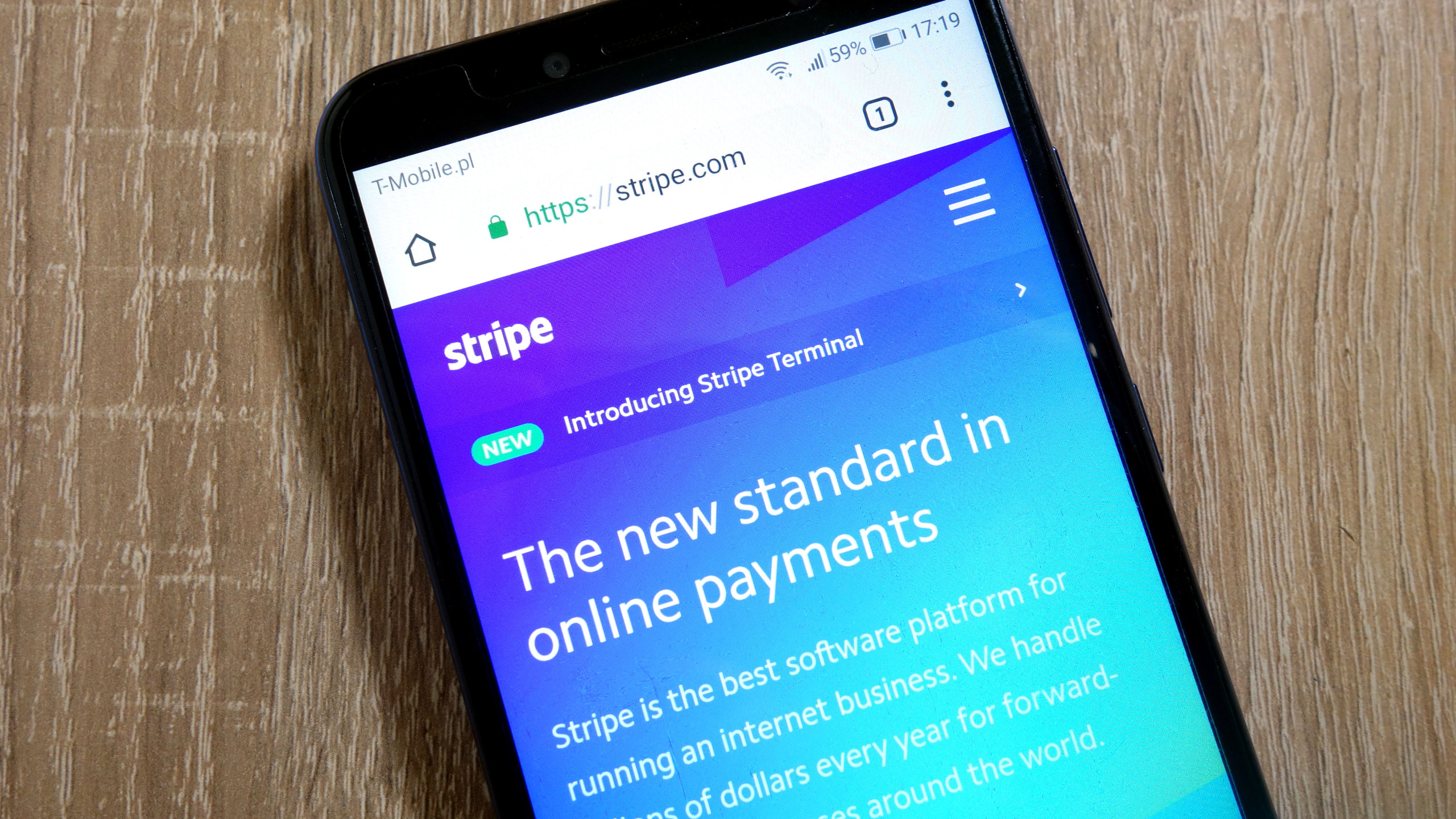Managing Disputes on Stripe

Stripe is a payments platform that allows merchants to transact online and through mobile devices. The Stripe platform has millions of users in ecommerce, from business startups to Fortune 500 companies. While Stripe provides merchants with a simple, cutting edge solution for sending and receiving payments in the digital space, merchants still have to contend with disputes and chargebacks on this platform.
Stripe markets itself as a “full-stack” payment provider, meaning it provides both the payment gateway and the processing behind it. In addition, Stripe provides its merchants with dispute management tools, as well as fraud prevention through its Radar plugin. Radar integrates machine learning, blacklisting and transaction scoring to detect and prevent fraud in Stripe transactions. Merchants can access these features directly through the Stripe interface or integrate them into their own dispute management using APIs. Let’s take a look at these tools and how you can best leverage them to manage disputes on Stripe.
DISPUTES ON STRIPE
When a dispute is raised from a Stripe transaction, the process is basically the same as with other processors and gateways, plus the features and add-ons that Stripe provides. The cardholder contacts their issuing bank with a dispute and the issuing bank initiates their investigation. The issuer notifies Stripe, and Stripe in turn notifies you. The dispute is either resolved or becomes a chargeback, but Stripe is merely a messenger in this process.
- Inquiries
- Chargebacks
Stripe notifies you of a dispute in its dashboard. Depending on the card used in the disputed transaction, this will either be a chargeback (Visa, Mastercard) or a retrieval request/inquiry (AMEX, Discover). Merchants must respond to inquiries promptly or they in turn become chargebacks. Merchants can respond with a refund to avoid a chargeback or submit compelling evidence to Stripe to overturn the dispute. Stripe reviews this evidence, and forwards it on to their partners that deliver it to the issuer. The issuer decides if this evidence resolves the inquiry or proceeds with a chargeback.
With a chargeback, the amount is charged back in its original currency. You still have approximately 7-21 days to counter it with compelling evidence. The issuing bank then has up to 75 days to make their final decision. However, once a chargeback is issued, Stripe charges a fee of $15 regardless of the outcome. Stripe merchants are still accountable to the chargeback thresholds set by the card networks.
MANAGING DISPUTES ON STRIPE
Merchants can track and manage their disputes in the Stripe Dashboard. The Stripe Dashboard provides relevant information on dispute amounts, card type, reason codes and deadlines. The Dashboard will also guide you through the management process and update each entry as it progresses.
Stripe assigns disputes to one of the these eight categories:
- Credit not processed
- Duplicate
- Fraud
- General
- Product not received
- Product unacceptable
- Subscription canceled
- Unrecognized
Stripe encourages its merchants to contact cardholders to try and resolve the dispute. Disputes labeled as fraudulent may just be unrecognized transactions by the cardholder. If there was such a misunderstanding or you were able to work something out with the cardholder, they will have to notify their issuer. You still must submit your evidence, and any correspondence of the resolution to the issuer.
Engaging cardholders to resolve disputes can be done through the Dashboard. You can configure this function to send receipts and other custom information to the customer. Stripe recommends your submissions contain the following:
- Clear and accurate evidence
- Terms of service and return policies
- Proof of authorization: AVS, CVC, receipt signatures, IP address
- Proof of delivery
If the dispute is an inquiry or retrieval request, you can also refund the transaction to avoid a chargeback. Likewise, for chargebacks, you can choose to accept the dispute. Refunding or accepting chargebacks will not be considered a admission of wrongdoing.
PREVENTING DISPUTES WITH RADAR
Stripe provides merchants with a toolset called Radar to prevent fraud and disputes. Radar is built directly into the Stripe payment flow, providing machine learning to manage fraud risk in transactions. Merchants must realize this application is not a catchall panacea against fraud and disputes.
Radar’s algorithms detect patterns in transactions that are indicative of fraud. It will incorporate data from the transactions you process to adjust how it evaluates fraud. Using this data, Radar assesses a risk score for each transaction based on its evaluation, from 0 the lowest to a high of 99. By default, Radar blocks transactions with a risk score of 75 or higher. Merchants can customize the risk settings through the Stripe Dashboard.
Before relying on the Radar algorithms, merchants should keep the fundamentals in mind that are basic to all transactions whether processing with Stripe or not. Steps preventing disputes in processing include:
- Effective transaction data capture
- Accessible and responsive customer service
- Comprehensive authentication
- Clear and concise statement descriptors
CONCLUSION
As a “full stack” payment solution, Stripe provides merchants with processing and a feature-rich payment gateway. Stripe is well designed to help merchants navigate transaction disputes and chargebacks. Take dispute management further with the addition of Radar; Radar scores transactions based on algorithms that look for patterns indicative of fraud. Merchants can customize Radar settings depending on how aggressive against fraud they choose to be.
Stripe definitely understands the importance of dispute management in the merchant’s processing ecosystem. Their platform strives to be cutting edge, and so includes tools to manage disputes by default. However, as with any processing solution, merchants must have a fundamentally sound transaction stream to keep disputes and chargebacks to a minimum.
ChargebackHelp encourages merchants to commit to the due diligence when configuring their processing. We can help provide insights into merchant services and transaction fundamentals to best protect your processing. We can provide a free analysis on how your business can manage disputes to preserve and recover revenue from chargebacks and fraud.
Contact a ChargebackHelp specialist today and get a demonstration of how to reduce your chargeback pain point. Shoot us an email, call us at 1.800.975.9905, or contact us here.








